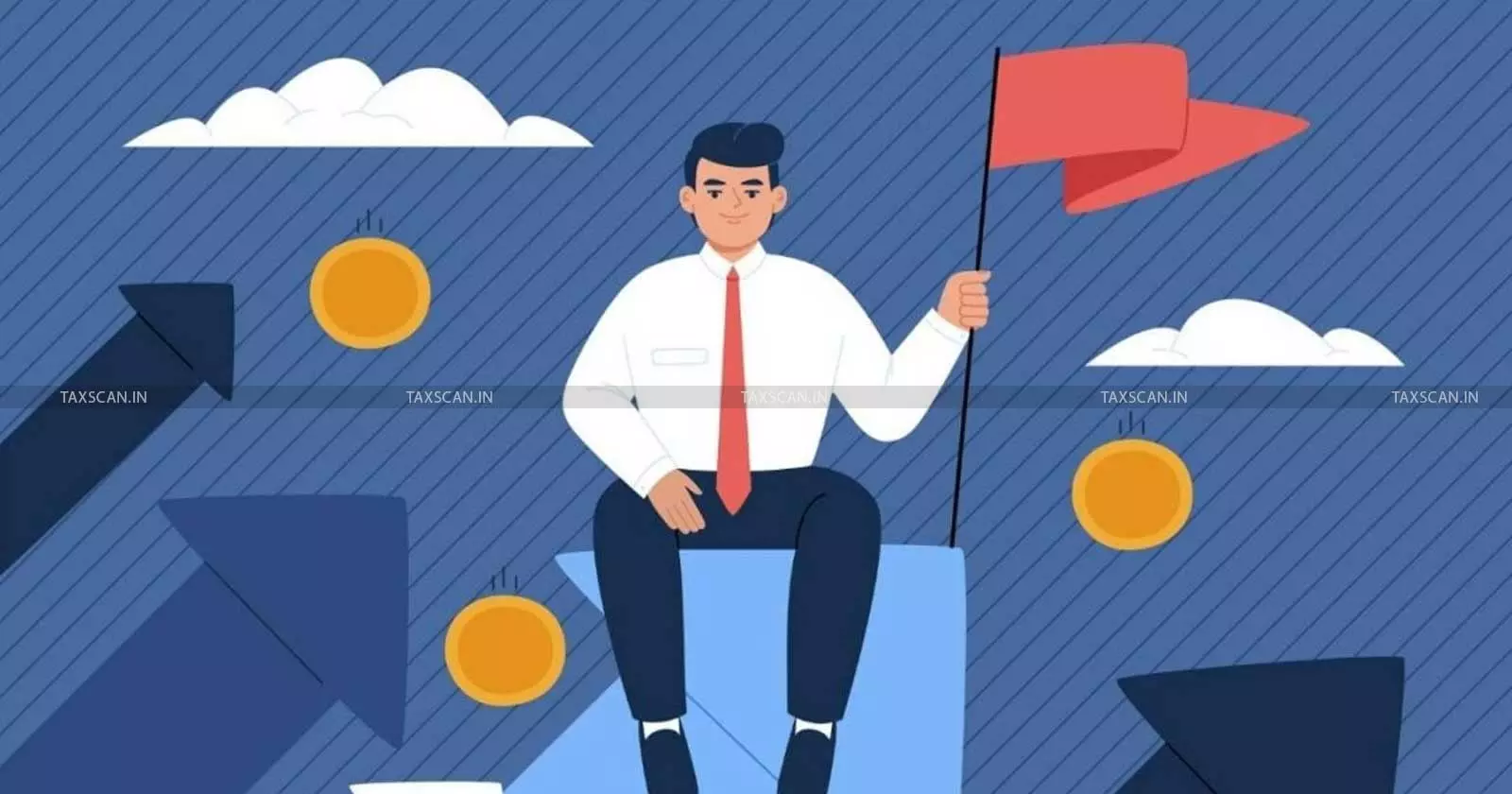Five Key Income Tax Changes for Salaried Employees: August 2025 Edition
The Income Tax Bill, 2025 officially became law in August, replacing the 1961 Act with effect from April 1, 2026.

Salaried employees witnessed important changes in income tax rules during August 2025, with the Central Board of Direct Taxes ( CBDT ) and recent legislative updates introducing measures that alter exemptions, deductions, and compliance.
The changes range from higher exemption limits on perquisites and overseas medical treatment to clarifications on deductions and an important ruling on capital gains.
One of the most notable revisions concerns the taxation of non-monetary perquisites. Under earlier provisions, employees earning more than ₹50,000 in salary were categorised as “specified employees,” making benefits such as company-provided motor cars, domestic help, or utilities taxable. The income threshold has now been raised to ₹4 lakh through the introduction of Rule 3C in the Income Tax Rules, 1962.
As a result, employees earning up to ₹4 lakh in salary will no longer face tax liability on such specified perquisites. However, this relief does not extend to company directors, employees holding 20% or more voting power, or benefits such as ESOPs, concessional loans, gifts, or club memberships. The amendment took effect on April 1, 2025.
In another move, the CBDT increased the exemption limit for overseas medical treatment. Previously, the benefit was available only to employees with income up to ₹2 lakh. With the introduction of Rule 3D, this ceiling has been raised to ₹8 lakh. Now, employees with gross total income below ₹8 lakh will not face taxation on perquisites related to overseas medical treatment. This change too applies from April 1, 2025, relevant for Assessment Year 2026-27.
Meanwhile, the newly enacted Income Tax Act, 2025 has provided clarity on the standard deduction available under the new tax regime. Salaried employees will be entitled to a deduction of ₹75,000, settling previous ambiguities.
Another development in August came from the judiciary. The Ahmedabad bench of the Income Tax Appellate Tribunal (ITAT) held that small taxpayers may claim the Section 87A rebate on short-term capital gains (STCG). The ruling applies to those with taxable income up to ₹7 lakh under the new regime or ₹5 lakh under the old regime for FY 2024-25, potentially reducing tax liability for many individuals.
Finally, the Income Tax Bill, 2025 officially became law in August, replacing the 1961 Act with effect from April 1, 2026. The Income Tax Department is expected to release FAQs, guides, and transition tools in the coming months to assist salaried taxpayers in adapting to the new framework.
Support our journalism by subscribing to Taxscan premium. Follow us on Telegram for quick updates


